United States stamp year 1873 7c War department Stanton
The stamp you are asking about is a significant issue from the United States’ first set of Official Stamps.
Here are the details for the United States 1873 7-cent War Department Official Stamp featuring Edwin M. Stanton:
| Feature | Details |
| Stamp Series | U.S. Official Stamps (War Department Issue) |
| Year of Issue | 1873 (Issued in the Continental Bank Note Co. printing period) |
| Denomination | 7 cents ($\text{7c}$) |
| Scott Catalogue No. | O87 (The “O” prefix indicates an Official stamp) |
| Vignette Subject | Edwin M. Stanton (1814-1869), the influential U.S. Secretary of War during most of the American Civil War under President Abraham Lincoln. |
| Color | Rose (Shades can vary, but the official color for the War Department issue is rose/rose red). |
| Printing Company | Continental Bank Note Company (CBN) |
| Printing Method | Engraved (Flat Plate) |
| Paper | Thin, Hard Paper |
| Perforation | 12 |
| Purpose | These stamps were required by law beginning in 1873 for the Executive Branch and its eight subordinate Departments (including War) to use for official mail, curtailing the long-standing franking privilege abuse. |
| Design | The central portrait (vignette) is the same as the $\text{7c}$ denomination in the contemporary 1870-1888 “Bank Note” definitive series ($\text{Scott \#160}$). A distinctive frame was added, featuring the words “WAR DEPT” at the top and the denomination expressed in letters (SEVEN CENTS) at the bottom. |
| Secret Mark | Like other stamps printed by Continental Bank Note Company in this era, the stamp has a “secret mark” to distinguish it from the earlier National Bank Note Company printings. On the $\text{7c}$ Stanton, this mark consists of tiny semi-circles covering the tips of the opening in the ornament at the bottom-right corner of the portrait frame. |
Historical Note: Edwin M. Stanton is one of the few non-presidents to have appeared on a U.S. postage stamp in the 19th century, joining the likes of Benjamin Franklin, Henry Clay, Daniel Webster, Alexander Hamilton, Winfield Scott, and Commodore Perry.

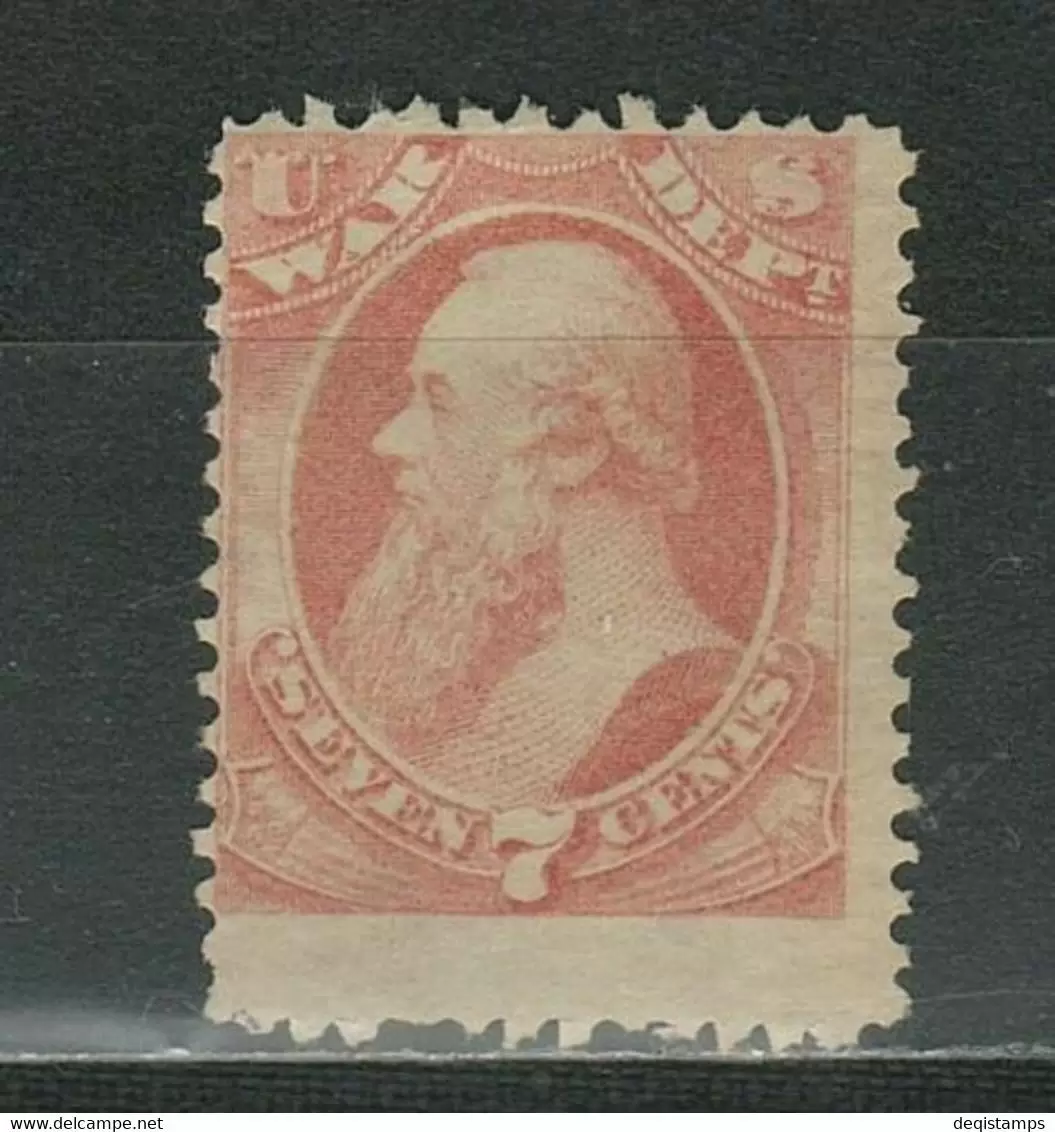
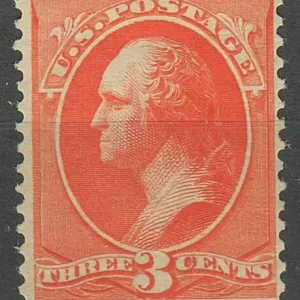
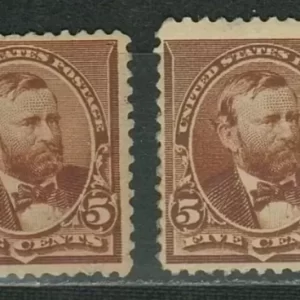
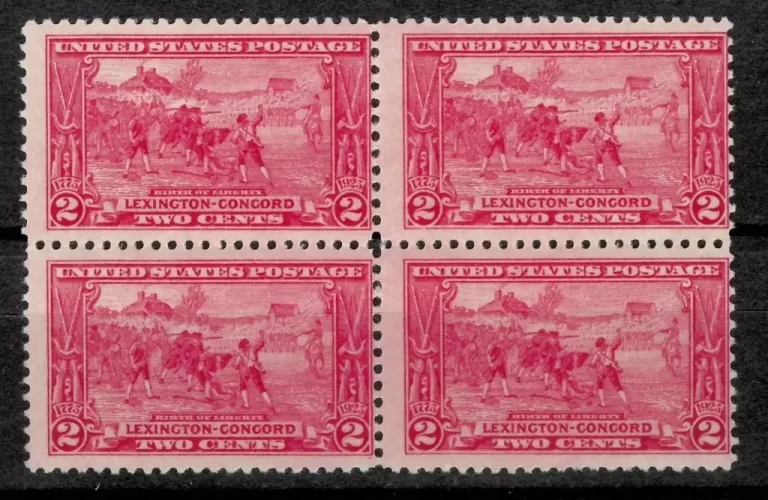
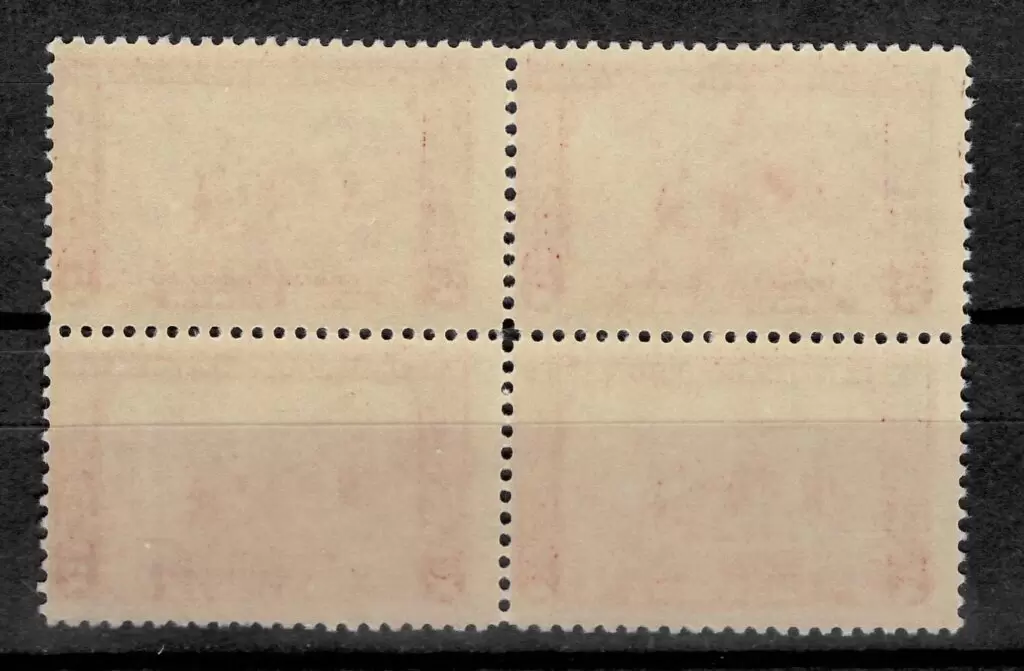
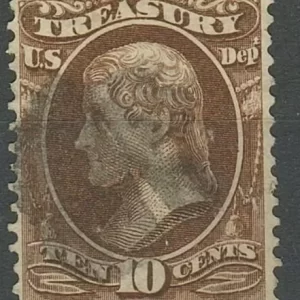
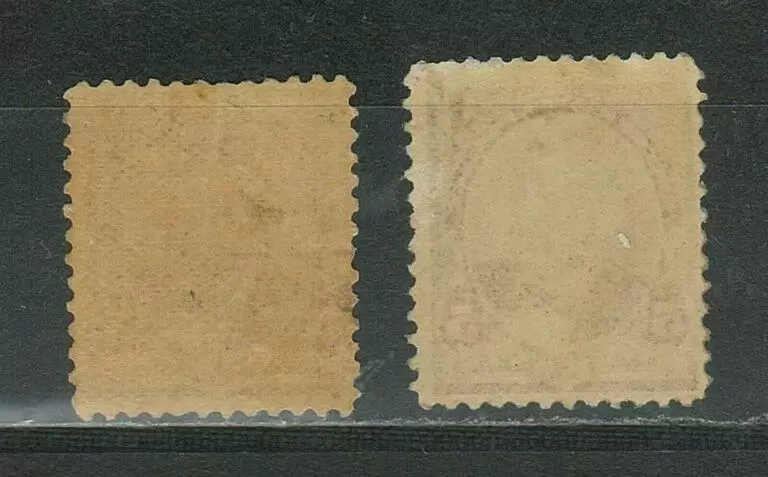
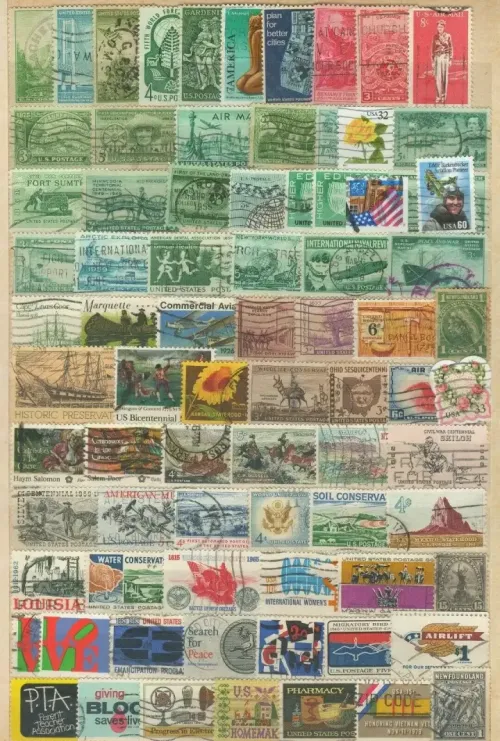
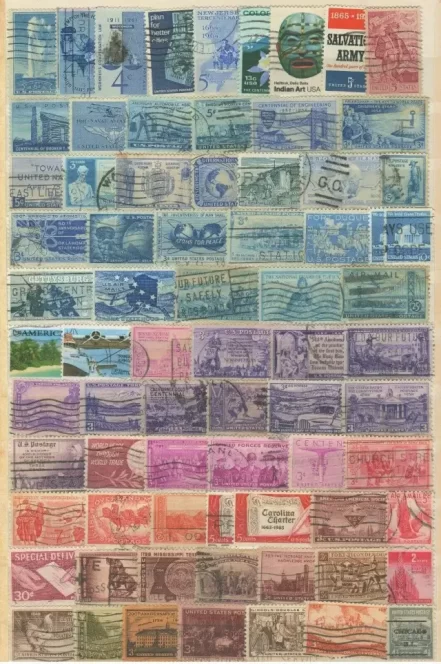
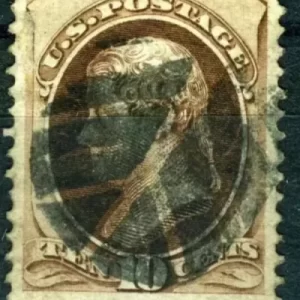
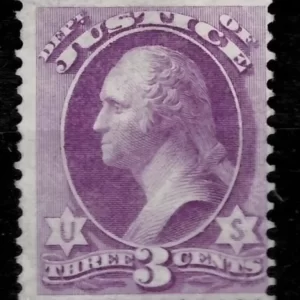
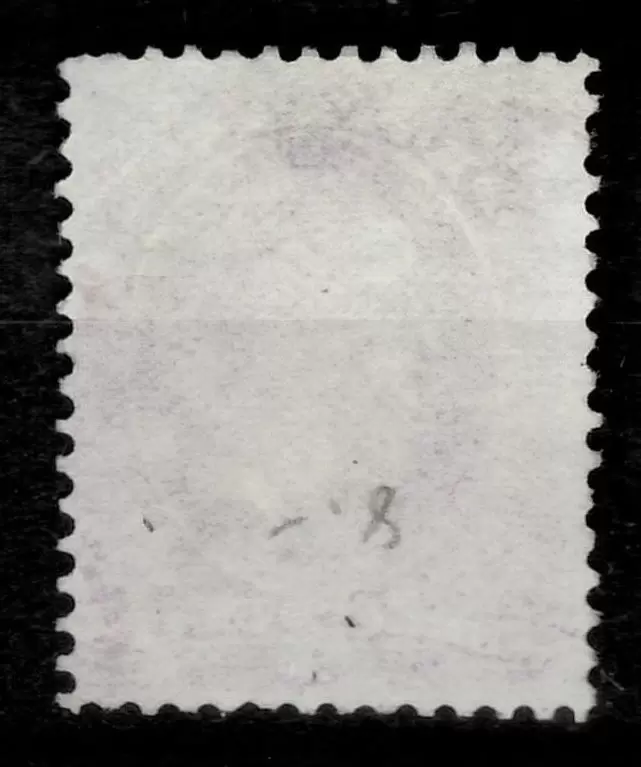
Reviews
There are no reviews yet.